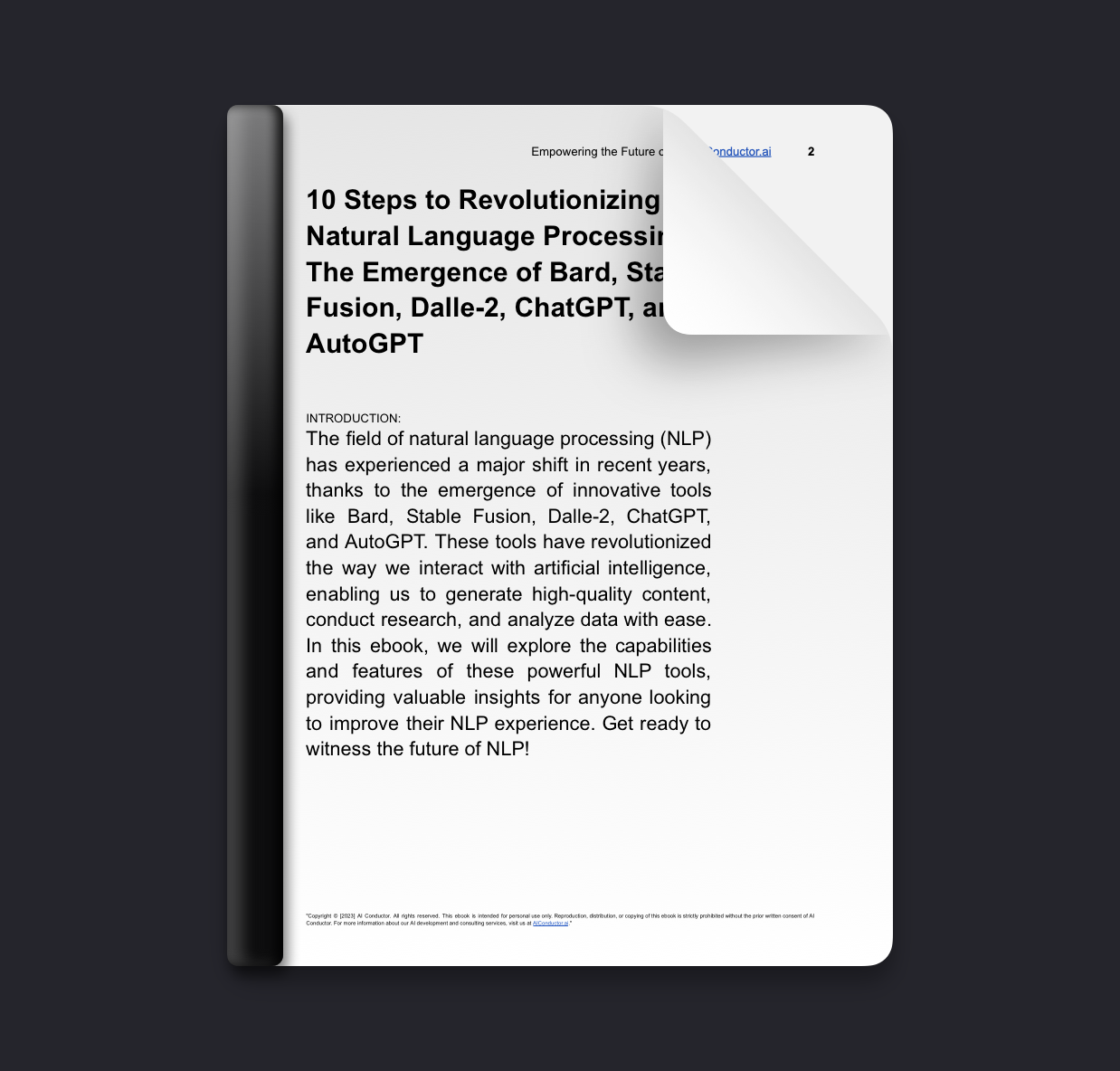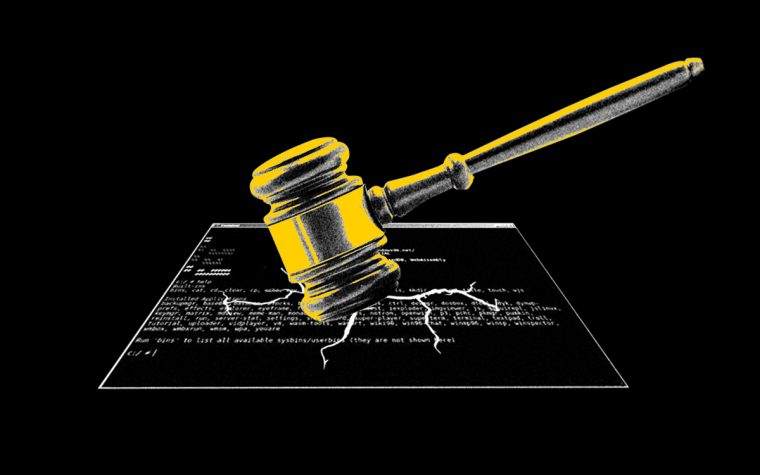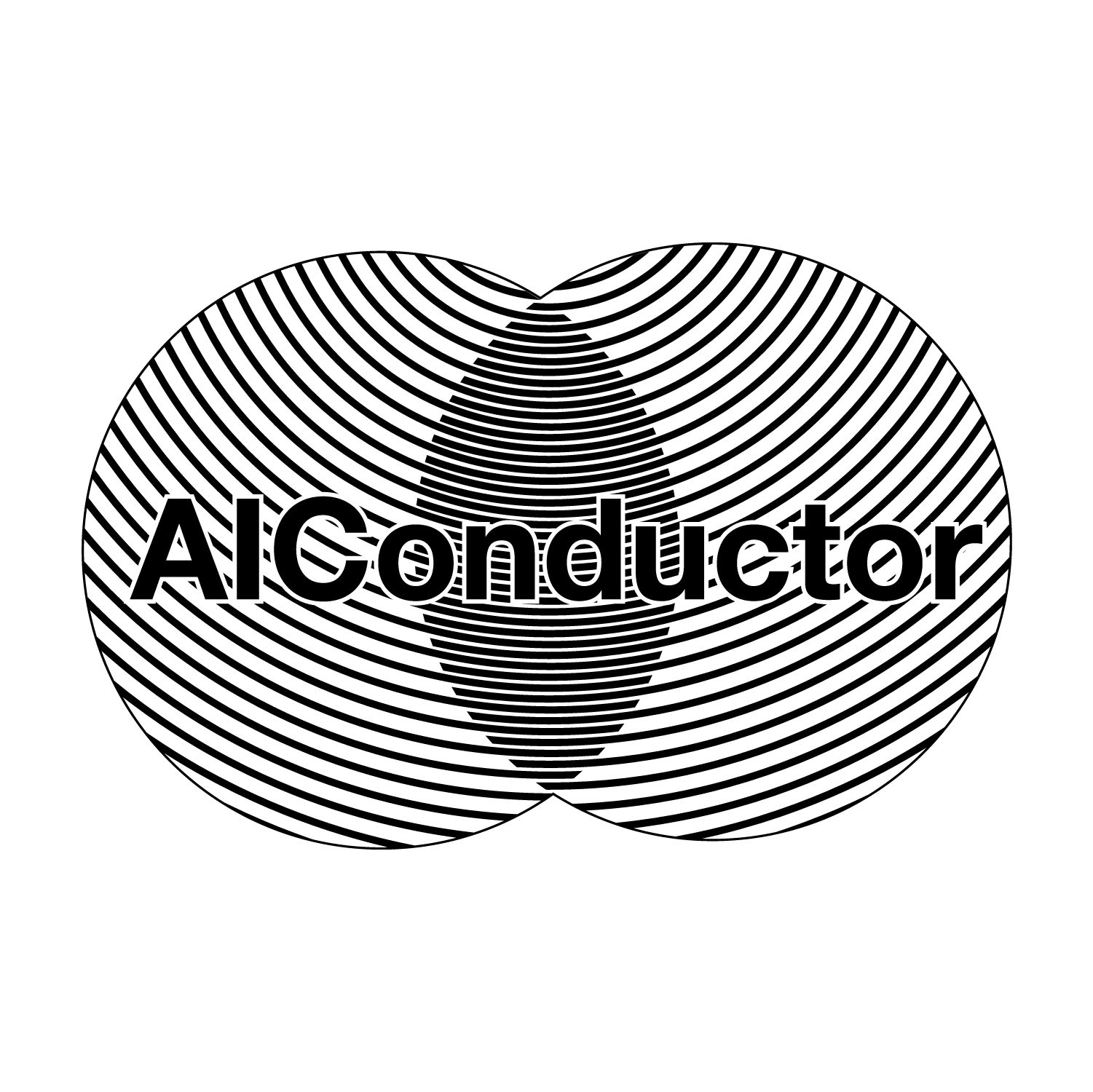We asked:
Can Generative AI Technology Be Used to Create Copyrightable Works and How Can We Protect Intellectual Property Rights in the Digital Age?
The Gist:
Generative AI is a type of artificial intelligence that can create new content from existing data. It has been used to generate new music, artwork, and even entire movies. A major copyright lawsuit is currently underway that could shape the future of generative AI and how it is used by creators and consumers alike. The outcome of this case could have far-reaching implications for the creative industries.
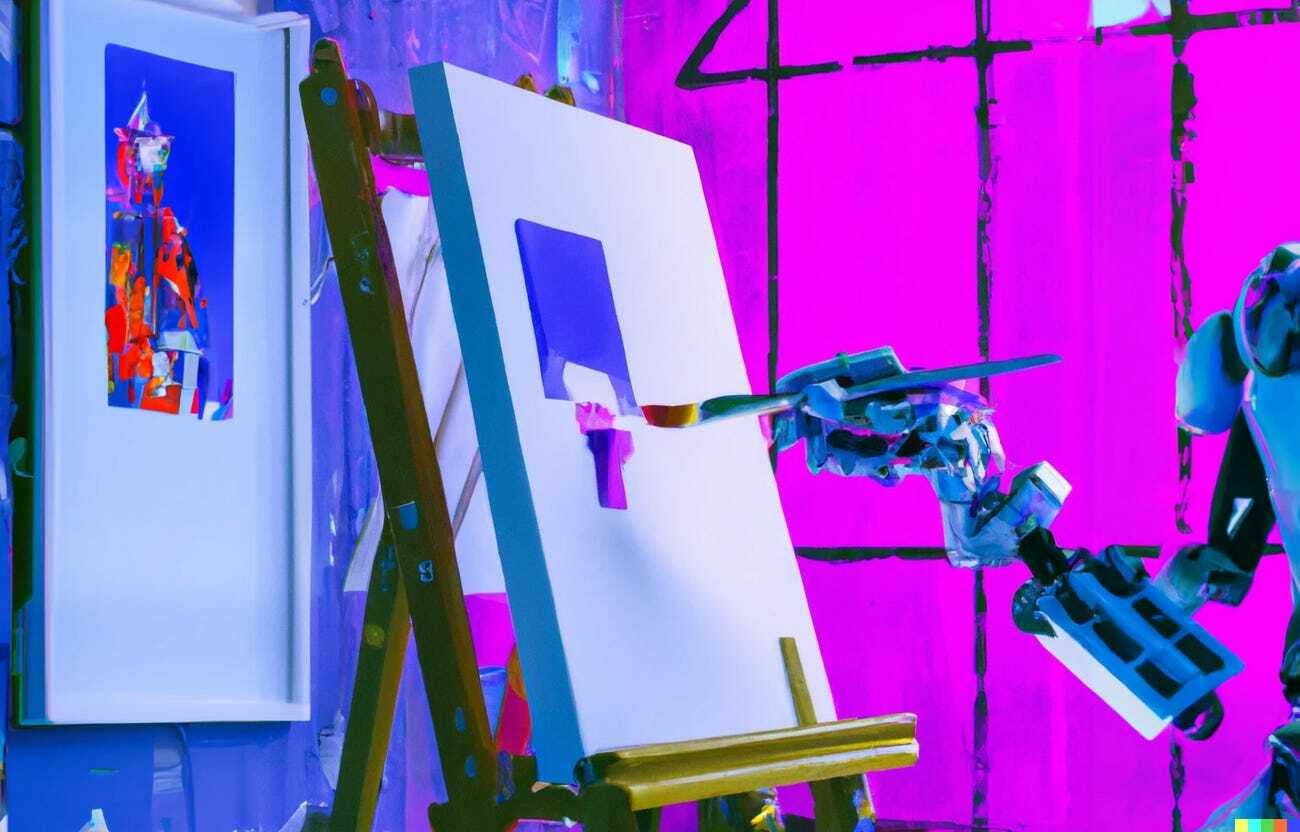
Decoded:
In the increasingly digital-focused world of today, artificial intelligence (AI) development has grown exponentially, navigating an active legal landscape as it continues to evolve. Previous regulatory guidelines have already been established on discussions of machine-created works, but a legal showdown of sorts could be on the horizon to further shape the development of AI-generated works.
In this potential case, musician Raisa Maudit has sited law firm Agence Christian Meudec for copyright infringement, alleging that one of the company’s clients had obtained three of her musical compositions back in 2018 without permission. Agence Christian Meudec found the works among several thousand random musical pieces generated by an AI program designed by Sony.
The centerpiece of this legal battle lies in the interpretation of the works’ copyright. Had the pieces merely been randomly copied or plagiarized, the case could be easily addressed, however Agence Christian Meudec believes that since the AI’s output was simply a reaction to instigated criteria, the compositions carry no creative authorship, thus nullifying the need for copyright.
Though both arguments appear to have valid points, the potential results of this case are not limited to that of the copying dispute at hand. If Agence Christian Meudec's argument holds true, then this opens up the potential for certain types of generative AI to become more ubiquitous in the world. While machines have already experienced noteworthy success in artistic endeavors, this potential case could further demonstrate the potential of machines to create unique, yet tangled works of media.
The court’s decision in this matter could certainly have wide ranging implications, affecting business models and the general public’s understanding of artificial intelligence’s impact. In the meantime, the court’s decision carries a weighty message, regardless of interpretation: the current copyright laws may no longer be sufficient to properly address the questions that modern technology has brought to the forefront. It’s likely that the court’s decision will clarify to what degree AI-generated works are protected by current laws. Regardless of how this case plays out, its consequences could lead to a brighter, more informed future for AI.
In this potential case, musician Raisa Maudit has sited law firm Agence Christian Meudec for copyright infringement, alleging that one of the company’s clients had obtained three of her musical compositions back in 2018 without permission. Agence Christian Meudec found the works among several thousand random musical pieces generated by an AI program designed by Sony.
The centerpiece of this legal battle lies in the interpretation of the works’ copyright. Had the pieces merely been randomly copied or plagiarized, the case could be easily addressed, however Agence Christian Meudec believes that since the AI’s output was simply a reaction to instigated criteria, the compositions carry no creative authorship, thus nullifying the need for copyright.
Though both arguments appear to have valid points, the potential results of this case are not limited to that of the copying dispute at hand. If Agence Christian Meudec's argument holds true, then this opens up the potential for certain types of generative AI to become more ubiquitous in the world. While machines have already experienced noteworthy success in artistic endeavors, this potential case could further demonstrate the potential of machines to create unique, yet tangled works of media.
The court’s decision in this matter could certainly have wide ranging implications, affecting business models and the general public’s understanding of artificial intelligence’s impact. In the meantime, the court’s decision carries a weighty message, regardless of interpretation: the current copyright laws may no longer be sufficient to properly address the questions that modern technology has brought to the forefront. It’s likely that the court’s decision will clarify to what degree AI-generated works are protected by current laws. Regardless of how this case plays out, its consequences could lead to a brighter, more informed future for AI.
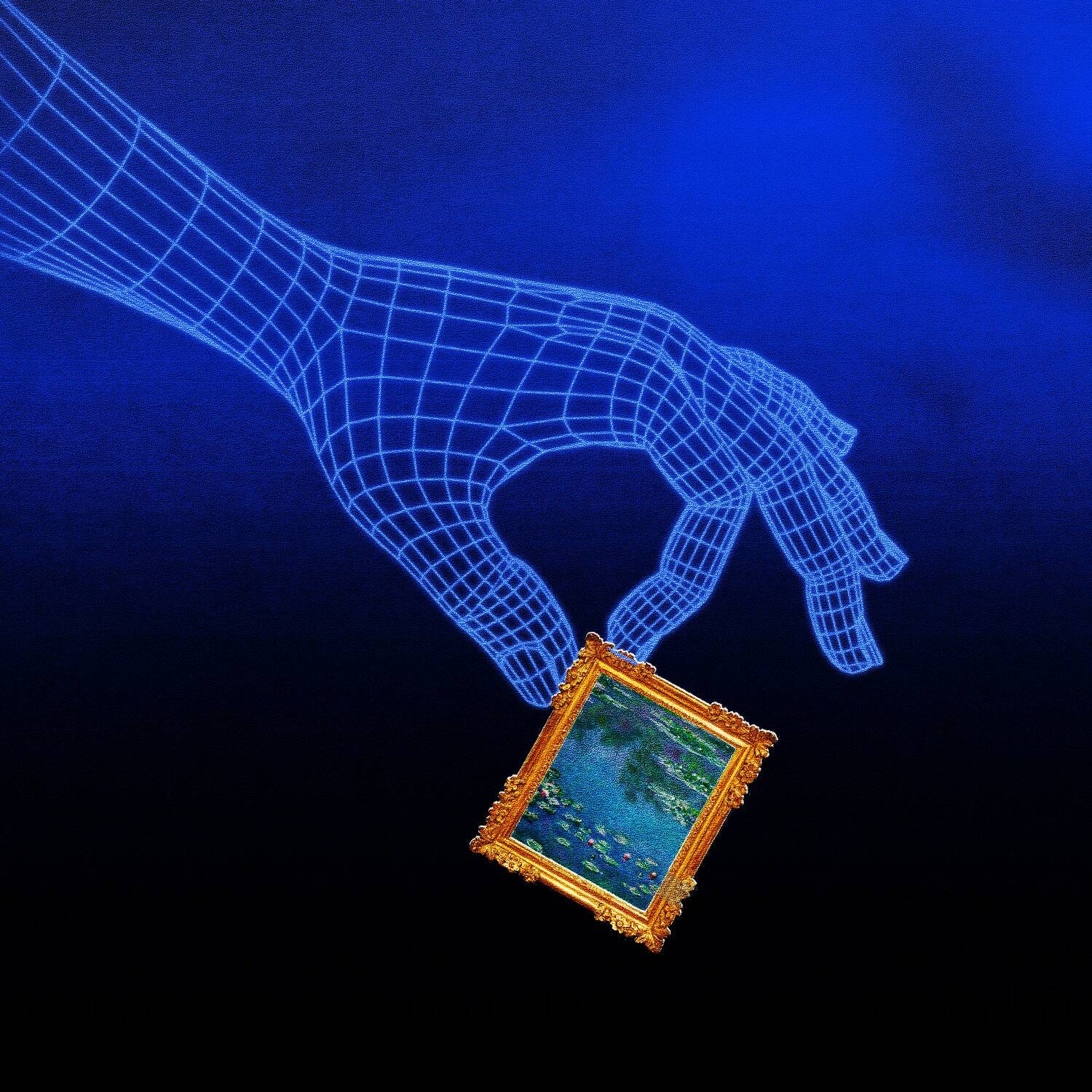
Essential Insights:
Three-Word Highlights
Generative AI, Copyright Lawsuit, Future
Winners & Losers:
Pros:
1. The lawsuit could help to define the legal rights of creators of generative AI.
2. It could help to clarify the legal responsibilities of companies using generative AI technology.
3. It could provide a framework for protecting the intellectual property rights of generative AI creators.
Cons:
1. The lawsuit could create a legal precedent that could limit the creative freedom of generative AI creators.
2. It could lead to the development of overly restrictive copyright laws that could stifle innovation.
3. It could lead to a situation where companies are hesitant to use generative AI technology due to the potential for expensive legal battles.
Bottom Line:
The bottom line is that the outcome of this copyright lawsuit will have a significant impact on the future of generative AI and the creative industry as a whole.
Ref.
Join The Conversation!
